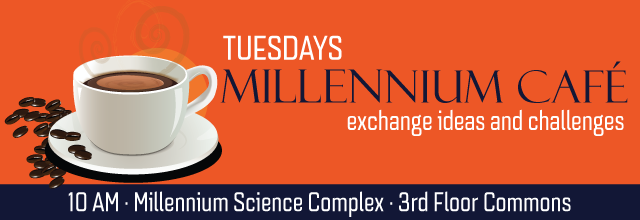The ability to accurately weigh and identify micro and nanoparticles, especially at low concentrations, holds significant importance in chemistry, biology, and environmental monitoring. While recent advancements in optical technologies have enabled ultra-low concentrations measurement, surface acoustic wave (SAW) devices have yet to fully match the performance of their optical counterparts. Nonetheless, SAW sensors offer distinct advantages such as low power consumption, ease of integration into lab-on-a-chip platforms, and the ability to be fabricated on flexible substrates with wireless excitation and measurement capabilities. In this presentation, I will introduce acoustic metamaterials and demonstrate how their incorporation into SAW sensors can substantially enhance their performance, particularly in detecting temperature variations and mass loading.
Speaker: Mourad Oudich | Acoustics

